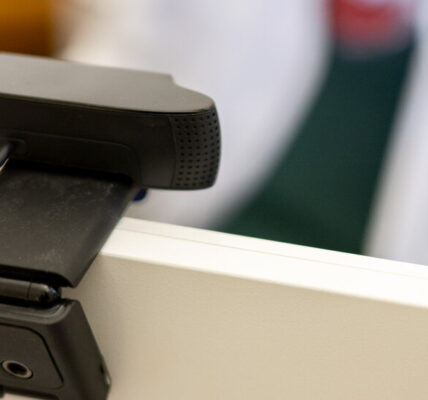Elad Katzir, the Israeli hostage whose body was recovered and returned to Israel on Saturday, had long felt unprotected living along Israel’s border with Gaza.
In an interview with The New York Times in 2009, after Palestinian rocket attacks led to a deadly three-week Israeli offensive against Hamas in Gaza, Mr. Katzir told a reporter that he had a nagging feeling.
“I do not feel any victory,” Mr. Katzir said at the time, when the fighting had ended with a shaky cease-fire. “I still do not feel safe.”
Mr. Katzir, 47, had deep roots in Nir Oz, the kibbutz in southern Israel where he was born and from which he was abducted during the Hamas-led attack on Oct. 7. The wheat and potato fields there run right up to the Gaza border fence, within sight of the apartment buildings, water towers and minarets of the Palestinian village of Abasan just beyond it.
The kibbutz’s residents grew up wary: During a drive through the fields during that 2009 visit, Mr. Katzir would stop the car only behind clumps of trees or bushes — cover in case of sniper fire.
The tiny village was among the hardest-hit communities on Oct. 7, with about a quarter of its almost 400 residents killed or taken hostage. Among them were Mr. Katzir and also his father, who was killed, and his mother, who was taken to Gaza. She was released in November, one of a dozen residents of Nir Oz who were returned to Israel on a single day as part of a larger set of hostage releases.
Dalit Katzenellenbogen, Mr. Katzir’s cousin, said then that she remained concerned for him and the other captives still in Gaza, and noted that Israeli soldiers were on the ground there.
“I hope the war will end soon,” she added, “for the Israelis and for the Palestinians who do not support Hamas.”
“We will have to learn how to keep living next to each other,” she added.




